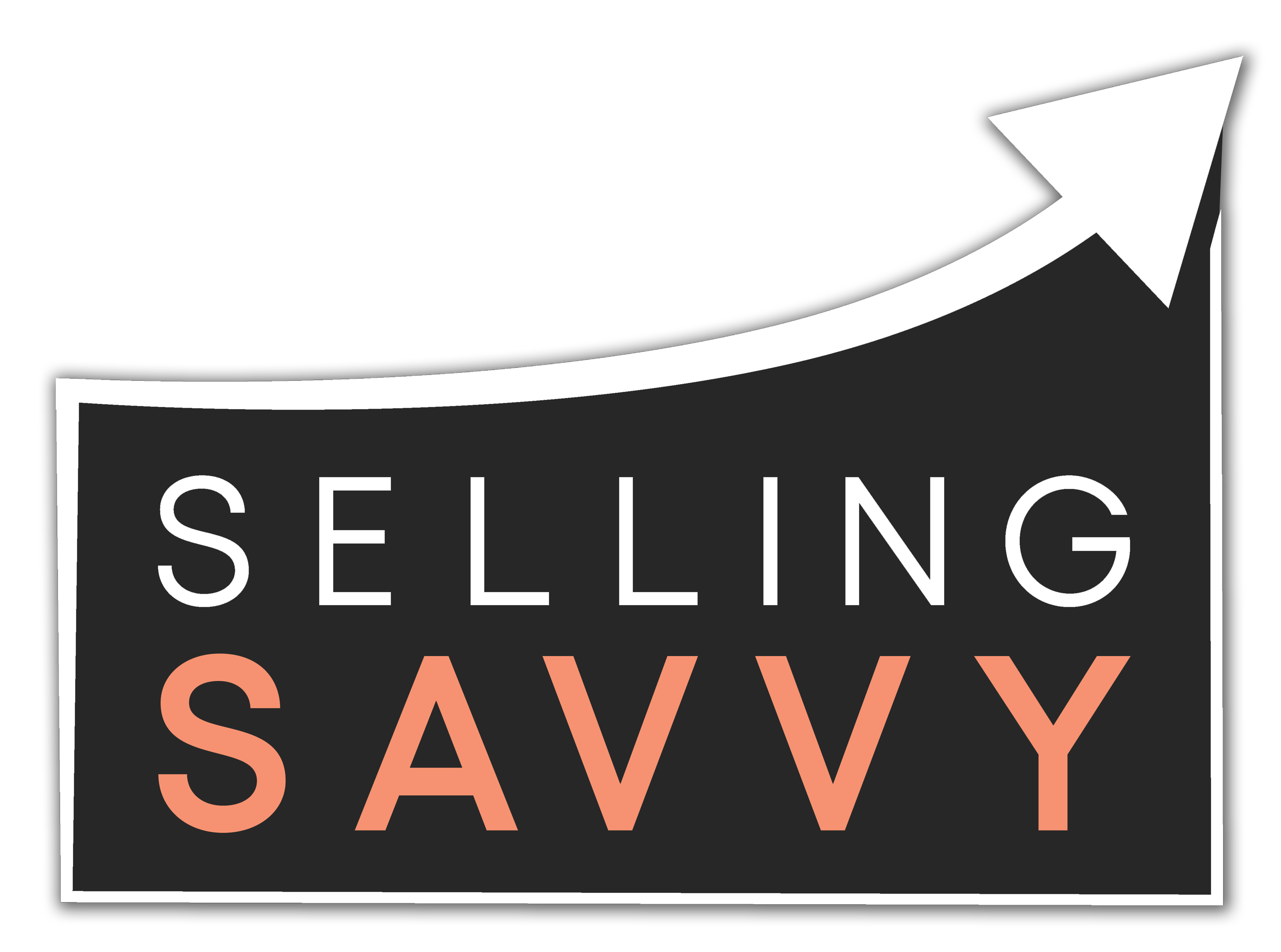Navigating Seasonal Trends in Event Sales: A Comprehensive Guide for Success
In the dynamic world of event sales, understanding and adapting to seasonal trends is a key component of sustained success. Whether you’re promoting a conference venue, a wedding destination, or a corporate meeting space, the ebb and flow of the seasons play a significant role in influencing the demand for event bookings. In this comprehensive guide, we’ll explore the nuances of navigating seasonal trends in event sales to help event sales professionals optimize their strategies throughout the year.
1. Identifying Seasonal Peaks and Troughs
Understanding the seasonal nature of event sales begins with identifying the peaks and troughs in demand. Different types of events may experience varied patterns. For instance, wedding venues may see a surge in bookings during the spring and summer months, while corporate event spaces might experience higher demand during the fall and winter. Analysing historical data and industry trends is crucial for pinpointing these patterns.
2. Tailoring Marketing Strategies to the Season
Once seasonal trends are identified, it’s imperative to tailor marketing strategies accordingly. During peak wedding season, focus on creating visually appealing and romantic content to capture the attention of engaged couples. For corporate events, emphasise the convenience and adaptability of your space for winter conferences or year-end meetings. Aligning your marketing message with the specific needs and desires of your target audience during each season increases the resonance of your campaigns.
3. Crafting Seasonal Packages and Promotions
Entice potential clients with seasonal packages and promotions. Consider offering discounts, complimentary upgrades, or exclusive add-ons that align with the spirit of the season. For example, during the Christmas season, offer special packages for festive corporate events, complete with themed décor and catering options. Tailoring your offerings to match the mood of the season can make your venue more appealing to event planners.
4. Flexibility in Pricing Strategies
Understanding the demand fluctuations throughout the year allows for more flexible pricing strategies. During high-demand seasons, you might adjust pricing to maximize revenue, while offering more competitive rates or special incentives during slower periods to stimulate bookings. Flexibility in pricing ensures that your venue remains competitive and attractive to a diverse range of clients.
5. Leveraging Seasonal Themes in Event Planning
Incorporate seasonal themes into event planning and promotion. Highlight the natural beauty of your venue during the spring, showcase cosy and warm setups for fall and winter events, and emphasise outdoor possibilities for summer gatherings. Aligning your venue’s features with the aesthetic and practical preferences of each season enhances its appeal to potential clients.
6. Strategic Networking and Collaborations
Build strategic partnerships and collaborations with vendors and businesses that also experience seasonal variations in demand. This can include florists, caterers, or event planners. By forming alliances, you can create joint promotions that leverage each other’s networks and help drive bookings during specific seasons. The right strategic partnerships can also help funnel additional bookings into your trough periods.
7. Proactive Communication and Planning
Finally, proactive communication with your clients is essential. Keep them informed about the unique advantages of hosting events at your venue during different seasons. Provide planning tips, share success stories from past events, and offer personalised assistance to ensure a seamless and memorable experience for clients regardless of the season.
In conclusion, navigating seasonal trends in event sales requires a proactive and strategic approach. By understanding the specific demands and preferences associated with each season, tailoring marketing strategies, crafting enticing packages, and maintaining flexibility in pricing, event sales professionals can capitalise on the ebb and flow of demand throughout the year. With our help to ensure careful planning and adaptation, your venue can become a sought-after destination for events regardless of the season.




